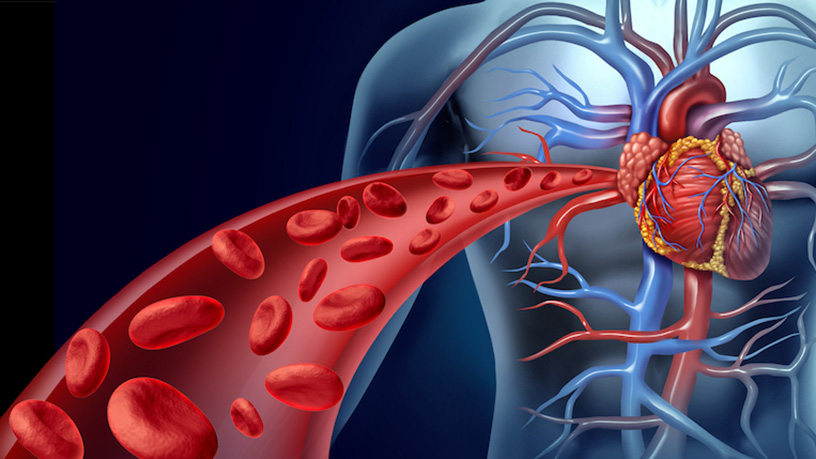Closing the case
For decades people have been told to use a mnemonic trick in thinking about cholesterol: high-density lipoprotein (HDL) was “healthy,” and low-density lipoprotein was “lousy.” It turns out, however, that these associations aren’t as straightforward as once thought.
The promotion of HDL stems from its function. It helps to remove excessive cholesterol by shuttling it from the blood to the liver, where it is processed and expunged from the body.
“We’ve always thought of HDL as the holy grail of cardiovascular medicine. If we have a lot of HDL, that removes plaque from the artery and everything would be okay,” says Dr. Dennis Ko, a scientist in the Schulich Heart Research Program at Sunnybrook Research Institute and a cardiologist at Sunnybrook. Recent studies, however, have challenged the HDL hypothesis, which posits that high levels of HDL guard against cardiovascular disease.
For example, research published in Science in March 2016 showed that people who were genetically predisposed to produce high levels of HDL were also at increased risk of heart disease. Moreover, a class of drugs called cholesteryl ester transfer protein inhibitors, which raise HDL levels, failed miserably in large clinical trials. In multiple trials, the drug didn’t improve health outcomes; one study even found people who took the drug had a higher risk of heart problems and death than those who did not.
Ko’s research, published in the Journal of the American College of Cardiology in November 2016, discredits the HDL hypothesis further still. He and his colleagues studied the HDL cholesterol levels and outcomes of more than 600,000 people in Ontario between the ages of 40 and 105. Looking at this group of people four years after the start of the study, the researchers analyzed how many died from cardiovascular diseases, cancer and other causes. The people in the cohort had no history of cardiovascular disease or other major health problem at the inception of the study.
They found that people with lower HDL were at higher risk of death from both cardiovascular and noncardiovascular conditions. If HDL were truly a marker for cardiovascular health, then it shouldn’t be implicated in other causes of death, the researchers reasoned. That wasn’t the case. “Low HDL is indeed bad, but it’s bad for everything. So we have higher cardiovascular death, higher cancer death and higher noncardiovascular death,” says Ko, from a meeting room in the Institute for Clinical Evaluative Sciences, the health informatics powerhouse that stores the health data of all Ontarians collected through the Ontario Health Insurance Plan.
Furthermore, because they were able to link HDL levels with various health databases, they found that people with lower levels of HDL were more likely to have lower incomes and unhealthy lifestyles. What this told them, says Ko, is that rather than thinking of HDL as a marker for cardiovascular well-being in particular, HDL is tied to overall health more generally. “If you have poor health, your HDL cholesterol is going to be low and all your outcomes are going to be bad,” he says.
Another key finding was that the relationship between HDL cholesterol levels and rates of death was U-shaped rather than linear. In other words, people with the lowest and highest levels of HDL cholesterol had a higher overall risk of death from all causes than those whose HDL cholesterol levels were in the middle range.
The study was selected as one of the journal’s top 10 most influential papers of 2016. Ko isn’t surprised at the buzz it has generated, given the controversial nature of the topic. “You often hear: ‘Your HDL is high. You’re never going to die of a heart attack.’ I think that’s not the right message given the findings of the study. If you have high HDL, you’re still at risk. It’s not really as protective as we thought,” says Ko.
When asked what the take-home message of the study is, he responds: “I think that low HDL is bad, but rather than focusing on a number, I think people should focus on having a healthy lifestyle—things like exercise, good diet. I’d focus on those things rather than the HDL level, per se.”



